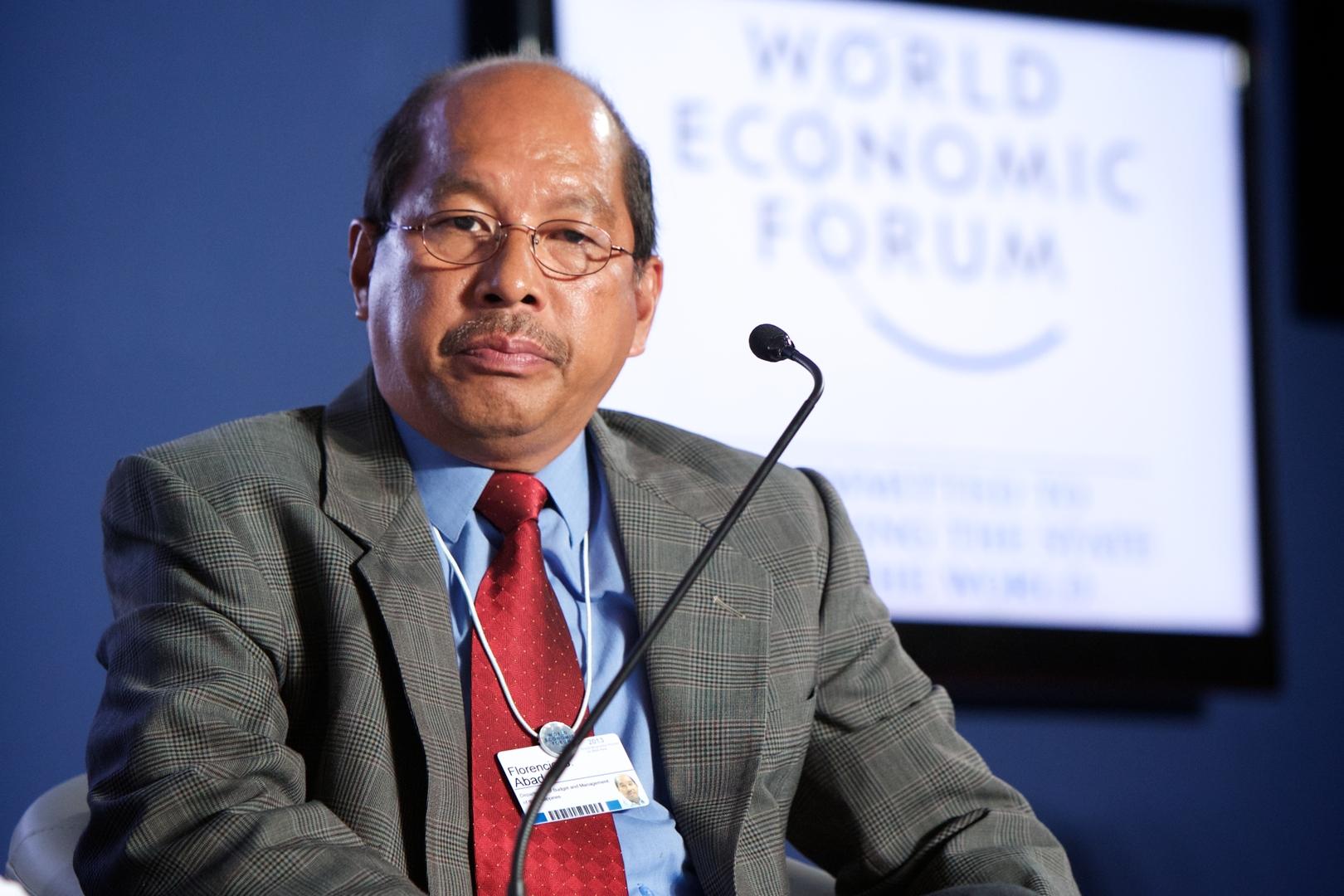
MANILA — The political character in the Philippines affects the ease of doing business here, Department of Budget and Management (DBM) Secretary Florencio B. Abad said.
In the second summit of National Competitiveness Council’s (NCC) Ease of Doing Business in Makati City Wednesday, Abad mentioned that the character of the political institution will enable more businesses to set up in the local market.
He explained that the country should aim for inclusive government institution which distributes economic opportunities rather than an exclusive public institution that only “concentrates power and wealth in the hands of the few.”
“Government institution — whether policy making bodies, regulators, or implementing agencies are extractive when this is captured by their interest, making it hard for more players to enter the market and when they fail to promote public interest in the market. This is rooted from the character of political institutions,” the DBM chief said.
“We must always remember that the more that we in the government make it hard for businesses to thrive, the more that we are depriving our people of opportunities,” he said.
He added that the government should strengthen its efforts to enhance ease of doing business in the country such as streamlining processes and reducing number of days for processing the requirements.
The DBM Secretary noted that easing the process of doing business in the country is a factor for economic development, attracting more investors, creating more jobs, thus, eradicating poverty.
“We are not just measuring the number of steps or process time. We are in the essence of measuring the ability of public institutions to establish a fair and level playing field that benefits private enterprises and ultimately the broader public, especially the poor,” Abad said.
“We have to consider that our efforts to improve doing business in the Philippines are not limited to streamlining the processes or clarifying policies. Our work is not merely technical but more primarily political,” he added.
He noted that the Aquino administration is taking bold political actions to “untangle powerful interests over institution and economy.”
Moreover, the DBM chief said the national budget for this year has a new regime called “performance-informed budgeting,” which has allocation for agencies for the quantity, quality, and timeliness of services that being delivered.
Abad said this can ensure the performance target of each key agency is aligned with the ease of doing business target.
Meanwhile, the ease of doing business is an indicator how competitive a country is in terms of procedures and duration of processes.
In 2013, the Philippines leapfrogged 30 spots in the World Bank (WB) and International Finance Corporation (IFC) Ease of Doing Business report.
The Philippines then ranked 108th among 189th economies from 2012’s ranking of 138th out of 185 countries.